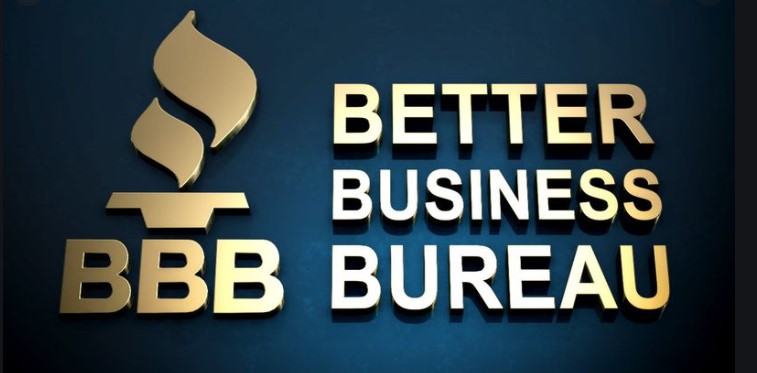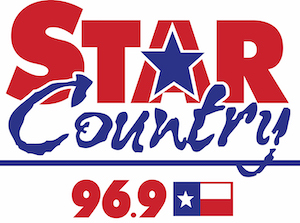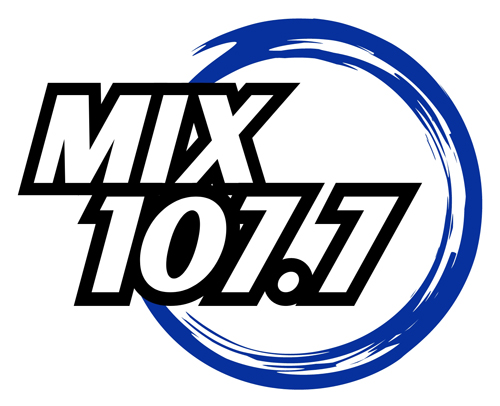
Sept. 1, 2022 – As consumers lost jobs and struggled to make ends meet during the COVID-19 pandemic, many turned to payday loans and other short-term solutions, increasing online solutions. It not only allowed predatory lenders to thrive, many borrowers still contend with sky-high interest rates and opaque fees, but also created a fertile environment for scammers, according to a new in-depth investigative study by Better Business Bureau (BBB).
They handle payday loan laws on a state-to-state basis among the 32 states in which they are available, and a complicated web of regulations makes the impact of the industry in the U.S. and Canada tough to track. However, the BBB study finds one common thread in the triple-digit interest rates many of these loans carry, camouflaged by the interest compounded weekly or monthly, rather than annually, along with significant rollover fees.
From 2019 to July 2022, BBB received nearly 3,000 customer complaints about payday loan companies, with a disputed dollar amount nearing $3 million. Additionally, BBB received more than 117,000 complaints against debt collection companies. Complainants often said they felt ill-informed about the terms of their loans. As a result, many fall into what consumer advocates call a “debt trap” of stacking interest and fees that can leave customers to pay double the amount they originally borrowed. For example, one woman in St. Louis, Missouri, told BBB recently that throughout her $300 loan, she paid more than $1,200 and still owes an additional $1,500.
Scammers didn’t miss an opportunity to take advantage of consumers, either, with BBB Scam Tracker receiving more than 7,000 reports of loan and debt collection scams representing roughly $4.1 million in losses.
Posing as payday loan companies and debt collectors, scammers arm themselves with stolen information to convince consumers to hand over bank account information and cash. In one case, BBB found that hackers had stolen and posted detailed personal and financial data for more than 200,000 consumers. News reports indicate that it is not an isolated incident.
A Fon Du Lac, Wisconsin, a woman reported receiving a phone call recently from a supposed debt collector stating there was pending legal action against her because of an overdue payday loan debt. Fearing legal trouble, she ultimately sent the scammer $500 and her credit card information. Over several months, they charged her card until she canceled it.
Regulators at the federal level have pursued stronger laws to curb predatory lending. Still, those regulations were rolled back in recent years, leaving states to make their own rules about interest rate caps and other aspects of payday loans. Over a dozen states introduced legislation last year to regulate payday loans, but the landscape for legally operating payday lenders remains inconsistent from state to state.
According to Pew Charitable Trust, payday loans are not allowed in 18 states. The Military Lending Act also sets a 36% rate on certain payday loans. Concerning fraudulent behavior, law enforcement is limited in what it can do to prosecute payday loan scams. Some legal payday lenders have attempted to prevent fraud by educating consumers on ways they will and will not contact borrowers.
BBB’s study advises consumers to do careful research into all their borrowing options – as well as the terms and conditions of a payday loan – before signing anything to take out a short-term loan. The study also includes recommendations for regulators:
- Cap consumer loans at 36%
- Make more people aware of no-fee extended repayment plans
- Require lenders to test whether consumers can repay loans
- Require Zelle, Venmo, and other payment services to offer refunds in fraud cases
Where to report a payday loan scam or register a complaint:
- org/ScamTracker
- Federal Trade Commission (FTC) – ftc.gov
- Canadian Anti-Fraud Centre (CAFC) – Online or by phone at 1-888-495-8501
- State Attorneys General can often help. Find your state Attorney General’s website to see if you can file.
- If you have an overdue payment on a payday loan, the Consumer Financial Protection Bureau may have resources to help you set up a payment plan.
Find more information about this study and other BBB scam studies at BBB.org/scamstudies.








 EastTexasRadio.com Powered by Ten Stations
EastTexasRadio.com Powered by Ten Stations




